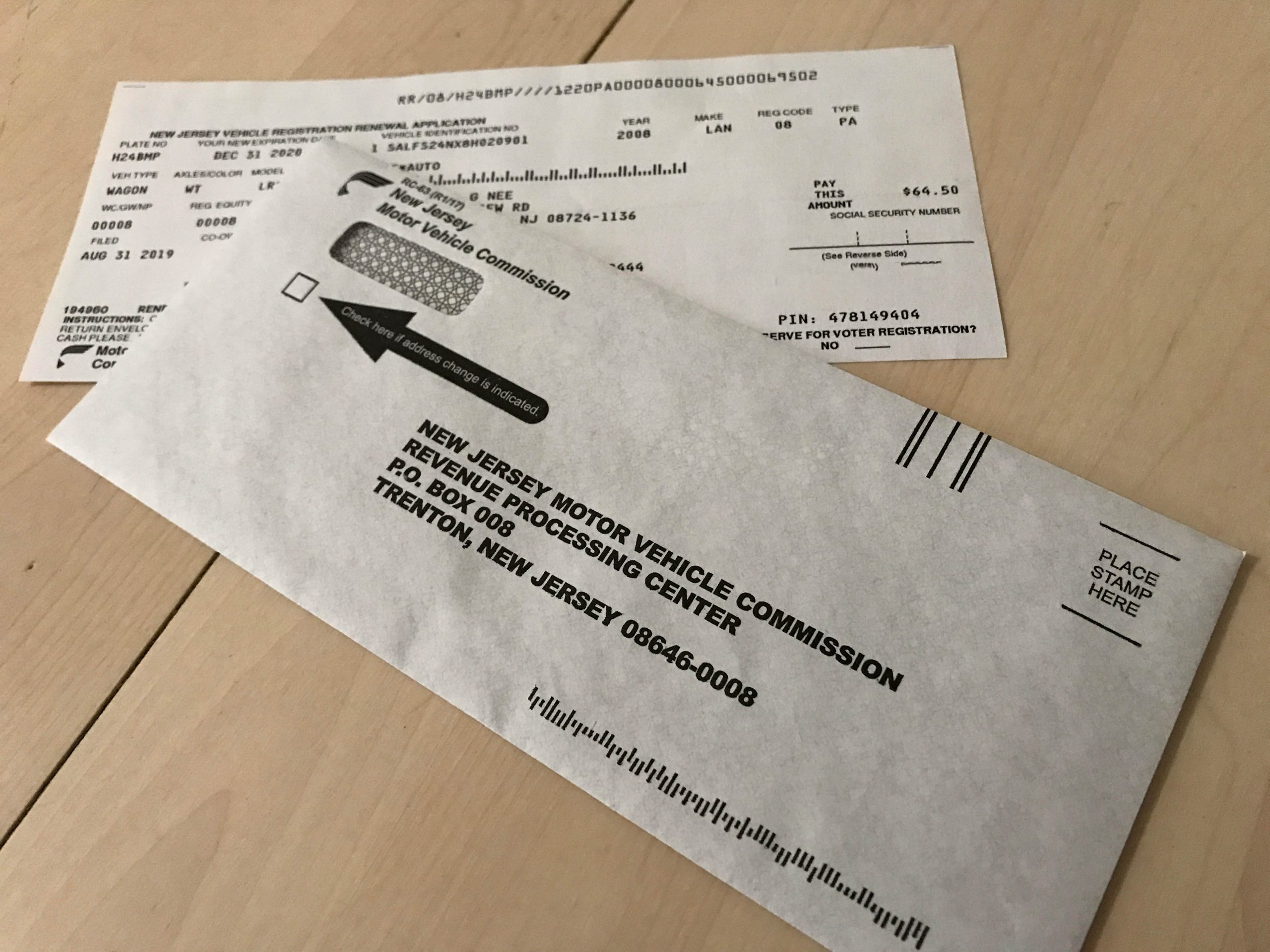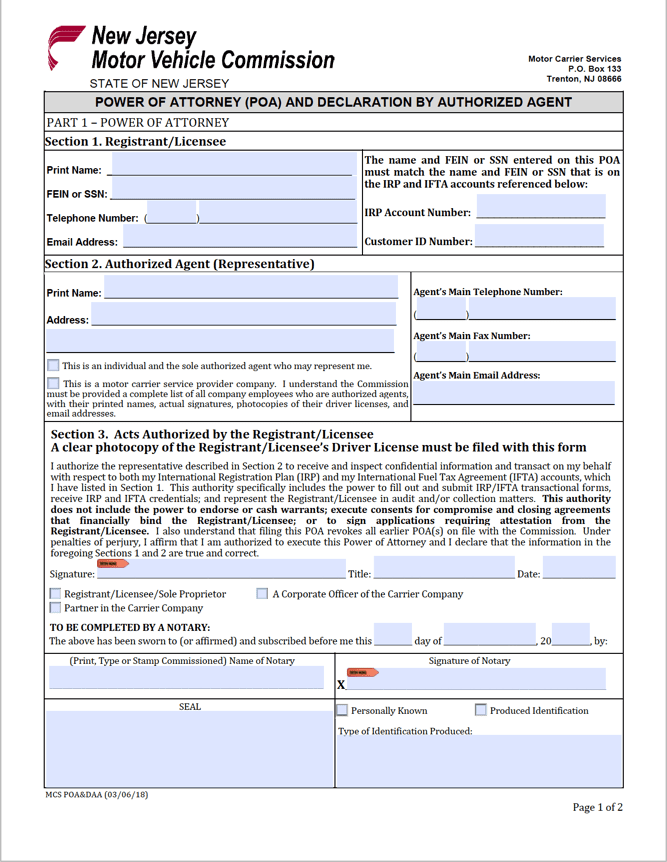When it comes to understanding the intricacies of motor and vehicle NJ regulations, staying informed is crucial for both residents and visitors alike. The state of New Jersey boasts a comprehensive framework designed to ensure the safety and compliance of all motorists. From obtaining licenses to adhering to emission standards, the regulations can seem overwhelming. However, with the right information and guidance, navigating these rules becomes manageable. This article delves deep into the essential aspects of motor and vehicle NJ laws, offering actionable insights and expert advice.
For those residing in or visiting New Jersey, having a clear understanding of motor vehicle laws is not just beneficial—it’s necessary. Whether you're a new driver or a seasoned motorist, the rules and regulations surrounding vehicle registration, insurance, and traffic laws are vital to your daily commute. Additionally, staying updated on any changes to these regulations helps ensure that you remain compliant and avoid potential penalties. This guide aims to provide clarity on these often complex topics.
The purpose of this article is to equip readers with the knowledge they need to confidently navigate the world of motor and vehicle NJ rules. By exploring various aspects of vehicle ownership and operation in New Jersey, we hope to offer valuable insights that will enhance your driving experience. Whether you're looking to register a new vehicle or simply want to brush up on your knowledge, this resource is designed to help you every step of the way.
Read also:Blood Is Thicker Than Water Full Quote Meaning Unveiling The True Essence Of Family Bonds
What Are the Key Motor and Vehicle NJ Laws?
New Jersey's motor vehicle laws are extensive, covering everything from licensing requirements to traffic violations. One of the most critical aspects of these laws is the emphasis on safety and responsibility. For instance, all drivers in New Jersey must carry valid insurance to operate a vehicle legally. Failure to comply with this requirement can result in hefty fines and even the suspension of driving privileges. Understanding these laws is the first step toward becoming a responsible motorist in the state.
Another important area of focus is vehicle registration. Every vehicle owner in New Jersey must register their vehicle with the Motor Vehicle Commission (MVC). This process involves providing proof of insurance, paying applicable fees, and ensuring that the vehicle meets all safety and emission standards. By adhering to these registration requirements, vehicle owners contribute to a safer and more regulated driving environment.
How Do Traffic Laws Impact Motor and Vehicle NJ Regulations?
Traffic laws play a pivotal role in shaping the motor and vehicle NJ landscape. From speed limits to seatbelt requirements, these laws are designed to protect all road users. For example, New Jersey enforces strict speed limits, with penalties increasing for repeat offenders. Additionally, the state mandates that all passengers wear seatbelts, with violations resulting in fines. By understanding and following these traffic laws, drivers can significantly reduce the risk of accidents and promote road safety.
Can You Drive Without a License in New Jersey?
Driving without a license in New Jersey is strictly prohibited. The state requires all drivers to possess a valid driver's license before operating a vehicle. This requirement extends to both residents and visitors, ensuring that all motorists meet the necessary qualifications. The process of obtaining a driver's license in New Jersey involves passing a written test, a road test, and meeting specific age and residency requirements. By adhering to these guidelines, drivers can avoid legal complications and ensure a safer driving experience.
Understanding Vehicle Registration in Motor and Vehicle NJ
Vehicle registration is a fundamental aspect of motor and vehicle NJ regulations. It involves a series of steps designed to verify the ownership and safety of a vehicle. The process begins with submitting the necessary documentation, including proof of insurance and a bill of sale. Once these documents are verified, the vehicle undergoes an inspection to ensure compliance with safety and emission standards. Successful completion of these steps results in the issuance of a registration certificate and license plates.
What Are the Penalties for Driving an Unregistered Vehicle?
Driving an unregistered vehicle in New Jersey can lead to severe penalties. The state takes this violation seriously, imposing fines and potentially impounding the vehicle. Additionally, drivers may face points on their license, which can lead to further consequences such as increased insurance premiums or license suspension. To avoid these penalties, it is crucial to ensure that your vehicle is properly registered and that all documentation is up to date.
Read also:Julia Stiles Her Journey To Marriage And Beyond
Is It Necessary to Renew Vehicle Registration Annually?
Yes, vehicle registration in New Jersey must be renewed annually. This requirement ensures that all vehicles remain compliant with current safety and emission standards. The renewal process involves submitting updated documentation and paying the applicable fees. While the process may seem tedious, it is an essential step in maintaining the integrity of the state's motor vehicle system. By staying informed about renewal deadlines and requirements, vehicle owners can avoid unnecessary complications.
Insurance Requirements for Motor and Vehicle NJ
Insurance is a critical component of motor and vehicle NJ regulations. All drivers in the state are required to carry a minimum level of insurance coverage to operate a vehicle legally. This coverage includes liability insurance, which protects against damages caused to others in the event of an accident. Additionally, New Jersey mandates personal injury protection (PIP) coverage, which provides medical benefits to the insured and their passengers. Understanding these insurance requirements is essential for all vehicle owners.
How Does Liability Insurance Work in Motor and Vehicle NJ?
Liability insurance in New Jersey protects drivers against claims of bodily injury or property damage caused to others in an accident. The state requires a minimum coverage limit, which varies depending on the type of vehicle and the driver's needs. It is important to note that while this coverage protects others, it does not cover damages to the insured's vehicle. For comprehensive protection, drivers may choose to purchase additional coverage options, such as collision or comprehensive insurance.
Common Misconceptions About Motor and Vehicle NJ Laws
There are several misconceptions surrounding motor and vehicle NJ laws that can lead to confusion and potential violations. One common misconception is that out-of-state drivers are exempt from certain regulations. However, all drivers operating a vehicle in New Jersey must adhere to the state's laws, regardless of their residency status. Another misconception involves the belief that minor traffic violations are inconsequential. In reality, even minor violations can accumulate points on a driver's license, leading to increased insurance premiums and potential license suspension.
What Should You Do If You Receive a Traffic Ticket in New Jersey?
Receiving a traffic ticket in New Jersey can be stressful, but knowing how to handle the situation is crucial. The first step is to carefully read the ticket and understand the violation. If you believe the ticket was issued in error, you have the right to contest it in court. Alternatively, you can choose to pay the fine and accept the points on your license. Regardless of your decision, it is important to address the ticket promptly to avoid further legal complications.
Can You Avoid Points on Your License?
While it may be challenging, there are ways to avoid points on your license in New Jersey. One option is to attend a defensive driving course, which can result in a reduction or elimination of points. Additionally, contesting the ticket in court and providing a valid defense may lead to the dismissal of the violation. By taking proactive steps, drivers can minimize the impact of traffic violations on their driving record.
Conclusion: Staying Informed About Motor and Vehicle NJ Laws
In conclusion, understanding motor and vehicle NJ laws is essential for all drivers in the state. From licensing requirements to traffic regulations, staying informed helps ensure compliance and promotes road safety. By familiarizing yourself with these laws and taking the necessary steps to adhere to them, you contribute to a safer and more regulated driving environment. Remember, knowledge is power, and staying informed is the key to responsible and safe driving in New Jersey.
Table of Contents
- What Are the Key Motor and Vehicle NJ Laws?
- How Do Traffic Laws Impact Motor and Vehicle NJ Regulations?
- Can You Drive Without a License in New Jersey?
- Understanding Vehicle Registration in Motor and Vehicle NJ
- What Are the Penalties for Driving an Unregistered Vehicle?
- Is It Necessary to Renew Vehicle Registration Annually?
- Insurance Requirements for Motor and Vehicle NJ
- How Does Liability Insurance Work in Motor and Vehicle NJ?
- Common Misconceptions About Motor and Vehicle NJ Laws
- What Should You Do If You Receive a Traffic Ticket in New Jersey?



